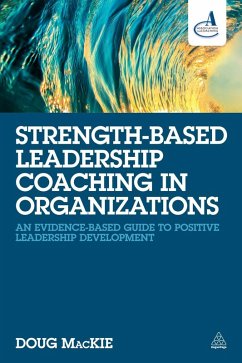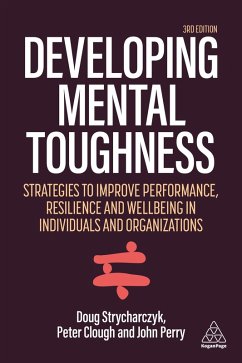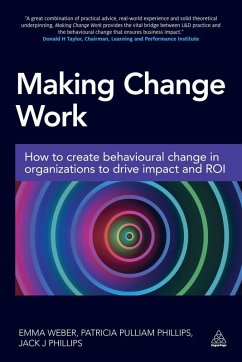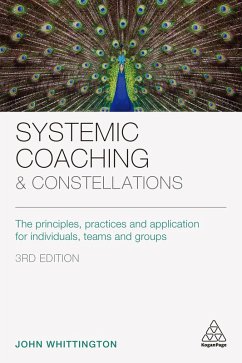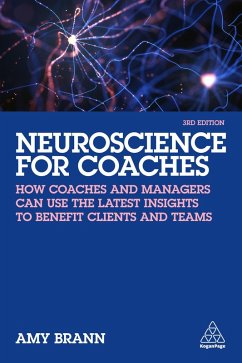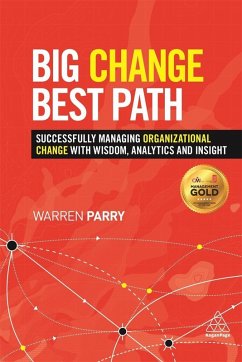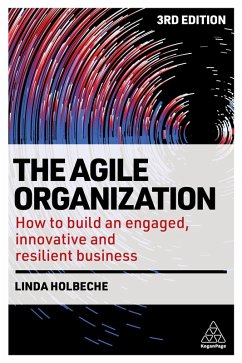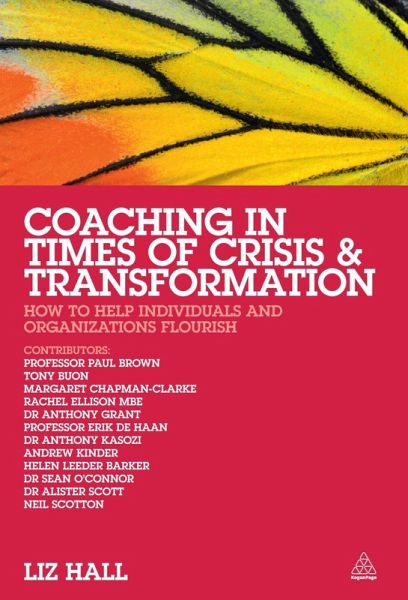
Coaching in Times of Crisis and Transformation (eBook, ePUB)
How to Help Individuals and Organizations Flourish
Versandkostenfrei!
Sofort per Download lieferbar
29,95 €
inkl. MwSt.
Weitere Ausgaben:

PAYBACK Punkte
15 °P sammeln!
Coaching in Times of Crisis and Transformation takes an in-depth look at crisis and change in the world we live in today and discusses its impact on both individuals and organizations. Covering not just coaching in the current crisis but any time of crisis and change, it offers a complete, practical resource for managers and coaches to tackle the challenges effectively. This book can help turn a crisis, whether personal or systemic into an opportunity for transformation.Coaching in Times of Crisis and Transformation covers definitions of crisis from both the individual and organizational persp...
Coaching in Times of Crisis and Transformation takes an in-depth look at crisis and change in the world we live in today and discusses its impact on both individuals and organizations. Covering not just coaching in the current crisis but any time of crisis and change, it offers a complete, practical resource for managers and coaches to tackle the challenges effectively. This book can help turn a crisis, whether personal or systemic into an opportunity for transformation.
Coaching in Times of Crisis and Transformation covers definitions of crisis from both the individual and organizational perspective, including insights on: adapting to change and finding opportunities in crisis, what neuroscience tells us about our reactions to change, transformative coaching, change models, supporting organizations in crisis and how coaching and mentoring can act as preventative measures against crises.
Coaching in Times of Crisis and Transformation covers definitions of crisis from both the individual and organizational perspective, including insights on: adapting to change and finding opportunities in crisis, what neuroscience tells us about our reactions to change, transformative coaching, change models, supporting organizations in crisis and how coaching and mentoring can act as preventative measures against crises.




